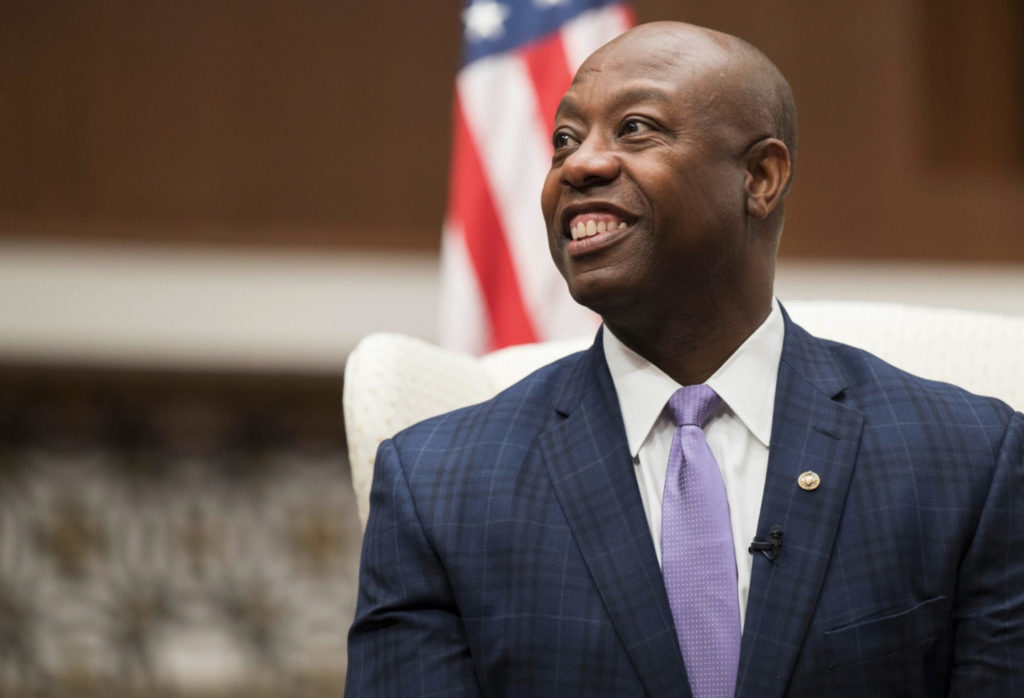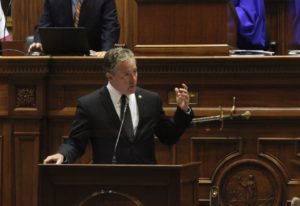U.S. Senators unite for school choice
Several U.S. Senators advanced school choice this week with a resolution and at least two bills, demonstrating it doesn’t have to be a partisan issue.
Sen. Tim Scott, R-South Carolina, and Sen….

Several U.S. Senators advanced school choice this week with a resolution and at least two bills, demonstrating it doesn’t have to be a partisan issue.
Sen. Tim Scott, R-South Carolina, and Sen. Dianne Feinstein, D-California, joined forces to introduce a resolution designating Jan. 22-28, 2023 as “National School Choice Week.”
“A good education is the closest thing to magic in America,” said Scott. “It creates viable options for all families regardless of socioeconomic status.
“By equipping and empowering families with the ability to choose educational opportunities best suited for their children – public charter schools, parochial schools, homeschooling and more – we are prioritizing the success of students and our nation.”
The resolution “congratulates students, parents, teachers, and school leaders from kindergarten through grade 12 education environments of all varieties for their persistence, achievements, dedication, and contributions to society in the United States.”
It also encourages people to learn more about the educational opportunities available to them and raise public awareness of National School Choice Week.
A similar resolution was also introduced in the U.S. House.
This isn’t Scott’s first collaboration with Feinstein on the issue of school choice. Back in 2019, they worked together to start an Opportunity Scholarship Program in D.C.
“I believe D.C.’s students and parents deserve a choice and access to high-quality schools,” Feinstein said of the program. “This bill continues federal support for the district’s public and charter schools while offering low-income students the opportunity to attend accredited private schools that they would otherwise not be able to afford.”
The Senate resolution was also co-sponsored by prominent Republicans senators such as Scott’s fellow South Carolinian Lindsay Graham, Kentucky’s Mitch McConnell, Utah’s Mitt Romney, Florida’s Marcio Rubio, and Texas’ Ted Cruz.
Cruz also filed two school choice bills on Tuesday.
One would allow K-12 educational expenses to be paid through a 529 account – a tax-benefitted savings account traditionally used for higher education. The other would establish tax credits to encourage contributions to eligible scholarship-granting organizations and workforce training organizations.
“We need to provide students with a variety of education options to fit their needs,” Cruz told The Daily Signal on Tuesday. “I have often said that school choice is the civil rights issue of the 21st century, and I believe no differently today than I did when I began serving in the Senate a decade ago.”


